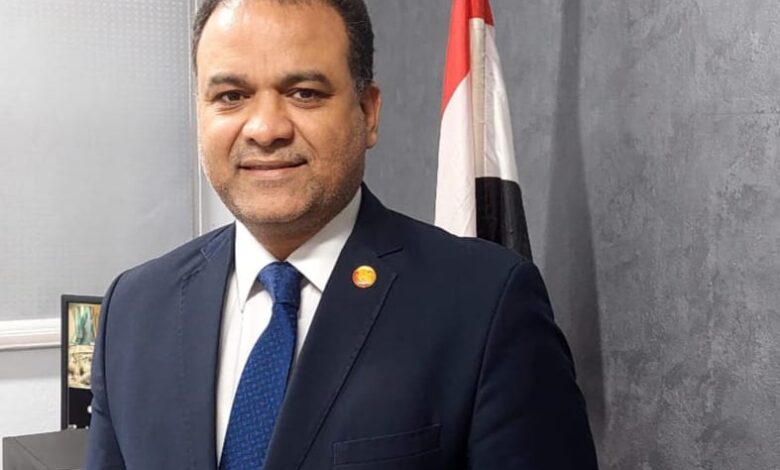
Dr. Nasser El-Gindy
An Education Expert
In a world increasingly interconnected and facing complex global challenges, the role of education has transcended mere knowledge transmission. Today, it’s about nurturing **global citizens** – individuals equipped with the understanding, skills, and values to navigate a diverse and interdependent world.
So, how does education translate into global citizenship? Here are some key aspects:
**1. Cultivating global awareness:**
* **Curriculum:** Moving beyond national narratives, curricula should incorporate diverse perspectives, histories, and cultures. This involves exploring global issues like climate change, human rights, and sustainable development.
* **Experiential learning:** Virtual exchanges, cultural immersions, and simulations can bridge geographical distances and foster empathy for different realities.
**2. Honing critical thinking and problem-solving skills:**
* **Inquiry-based learning:** Encouraging students to ask questions, analyze information, and form informed opinions empowers them to engage critically with global issues.
* **Collaborative projects:** Tackling real-world challenges through teamwork, whether locally or with international peers, hones communication, collaboration, and conflict resolution skills.
**3. Fostering values of respect and responsibility:**
* **Empathy and understanding:** Promoting intercultural dialogue and appreciation for diverse perspectives builds bridges across cultures and combats prejudice.
* **Social responsibility:** Encouraging students to identify local and global issues and participate in solutions, through advocacy, volunteering, or social entrepreneurship, instills a sense of agency and global responsibility.
**4. Embracing technology as a tool for connection and action:**
* **Virtual platforms:** Online tools connect classrooms across borders, facilitating collaboration and knowledge sharing on global issues.
* **Digital citizenship:** Educating
Students about responsible online behavior and critical consumption of information empowers them to be informed and ethical global citizens in the digital age.
**Challenges and Opportunities:**
Implementing education for global citizenship faces challenges like curriculum reform, teacher training, and ensuring equitable access to resources. However, the potential rewards are immense. By nurturing empathy, critical thinking, and a sense of global responsibility in our youth, we can build a more peaceful, just, and sustainable future for all.
The journey towards global citizenship begins in classrooms around the world. By equipping students with the knowledge, skills, and values needed to navigate a complex and interconnected world, we empower them to become not just informed individuals, but active and responsible global citizens. Let’s embrace the transformative power of education and work together to shape a brighter future for generations to come.




